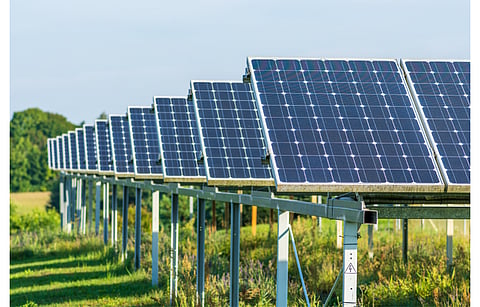

The Government of Netherlands has capped revenues of electricity generators in the country at €130/MWh for projects of 1 MW or higher capacity from December 1, 2022 for 7 months, to comply with the European Commission's (EC) proposals to cap revenues of infra-marginal producers at €180/MWh (see EU Proposes Capping Revenues Of Renewable Producers).
The administration expects this ruling to impact solar power projects with 3,000 panels or 1 large windmill. In all, 1,500 installations are likely to be impacted.
"At the time of the planned investments, the market price was between € 40 and € 70 MWh, which means that with a ceiling of € 130 MWh, a good profit margin can still be achieved for the electricity producers," it added.
The ceiling has also been announced for biomass projects, due to higher prices, at €240/MWh, but for coal power plants the limit is flexible—rising when coal prices are high—to enable them to continue functioning.
Estimated levy collection from this measure is around €1.8 billion, however actual amount will be 'highly dependent on the development of the electricity price in that period'.
Levy will be collected retroactively since it does not enjoy legal standing at present. The Dutch government is preparing a proposal for an independent implementation law and presented to the House of Representatives in the Spring of 2023. It will be further elaborated in the near future, the government added.
It will be implemented by the Dutch Emissions Authority (NEa), the Tax and Customs Administration on behalf of the Dutch administration.
"This levy was devised with the European member states in order to partially finance the reduction of energy bills," said Dutch Minister for Climate and Energy Policy, Rob Jetten. "Due to the rapid development of the European regulation and the date on which the levy will come into effect, a lot has to be arranged in a short time. That is why I choose to introduce the levy with retroactive effect."
The EC proposal to cap revenues has come under fire from the larger renewable energy industry with a LichtBlick commissioned report by Raue calling it 'illegal' (see EU Renewables Revenue Cap 'Illegal', Says LichtBlick (see EU Renewables Revenue Cap 'Illegal', Says Lichtblick).
Nonetheless, the temporary arrangement to skim off extra profits is not likely to have a major long-term impact on excess profits of renewable energy generators, and may also be viewed as an expression of social responsibility by public, according to Aurora Energy Research's view of the German market (see Renewables' Long-Term Profitability To Remain Intact In Germany).
